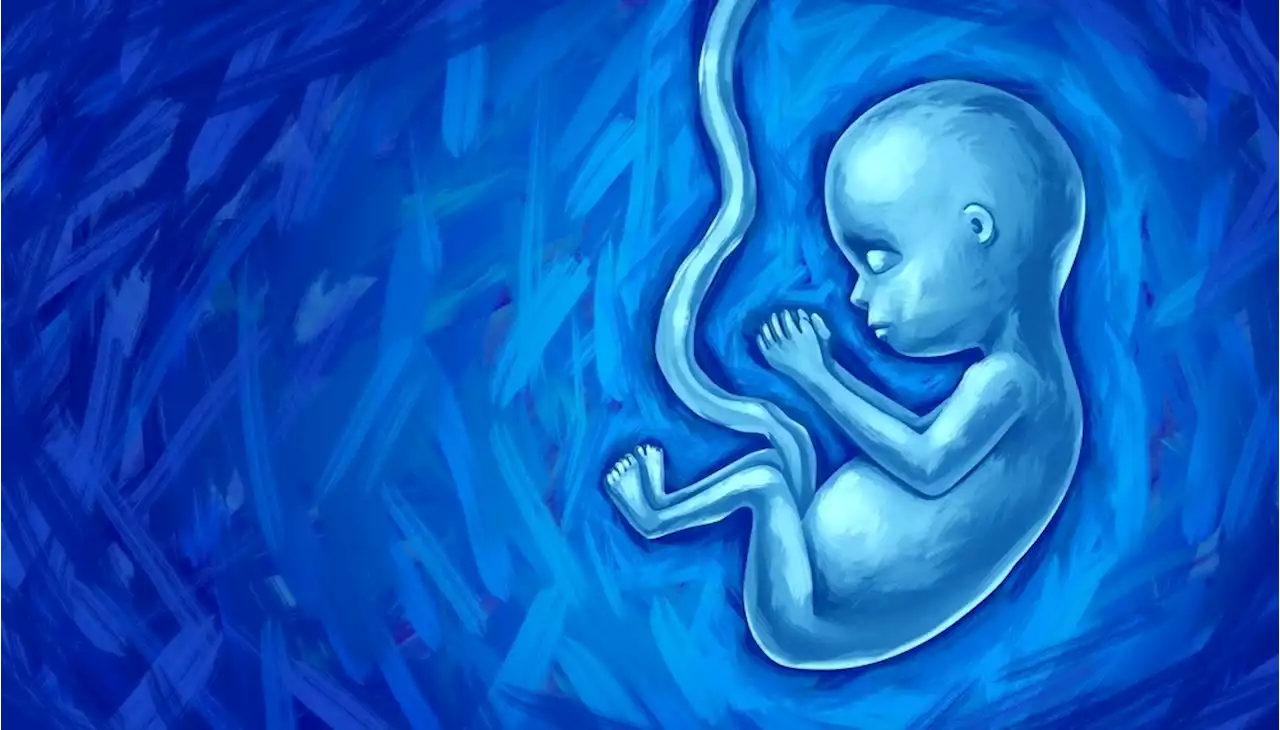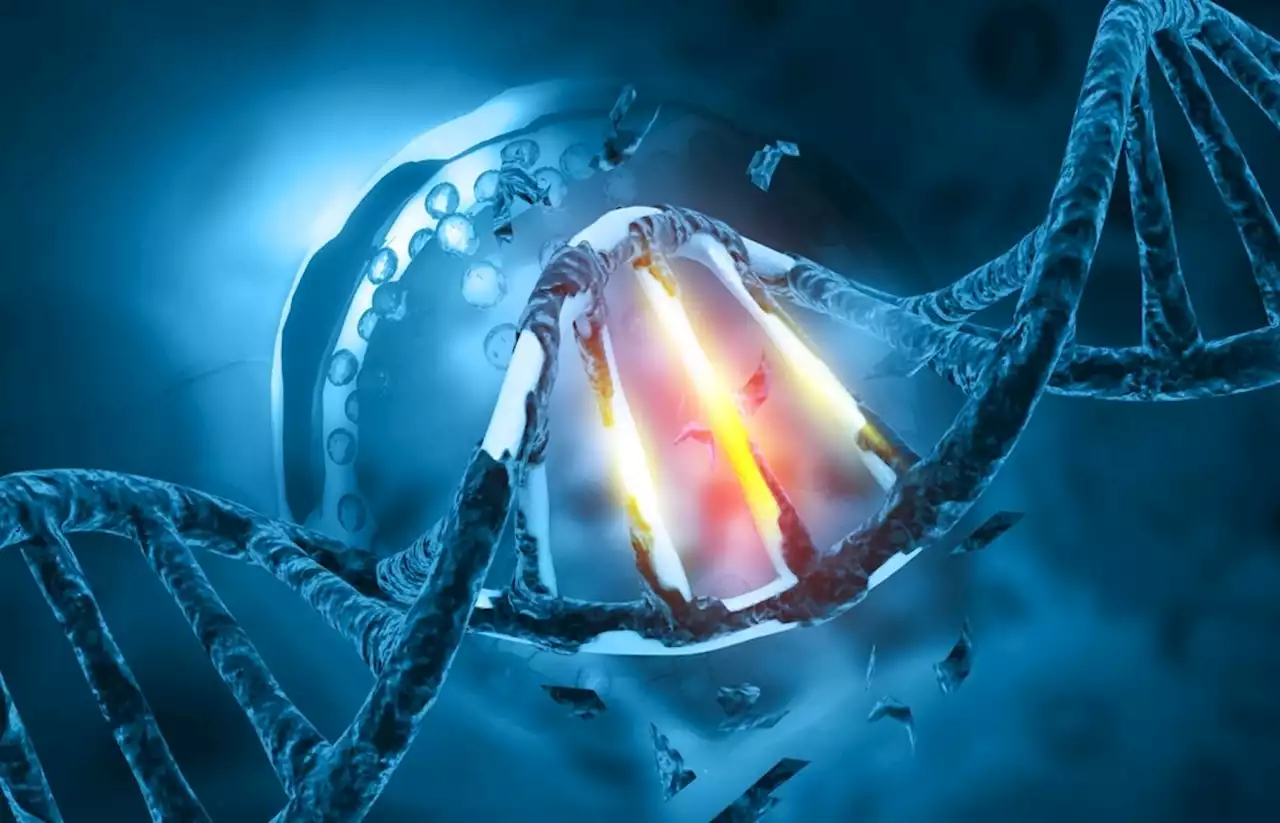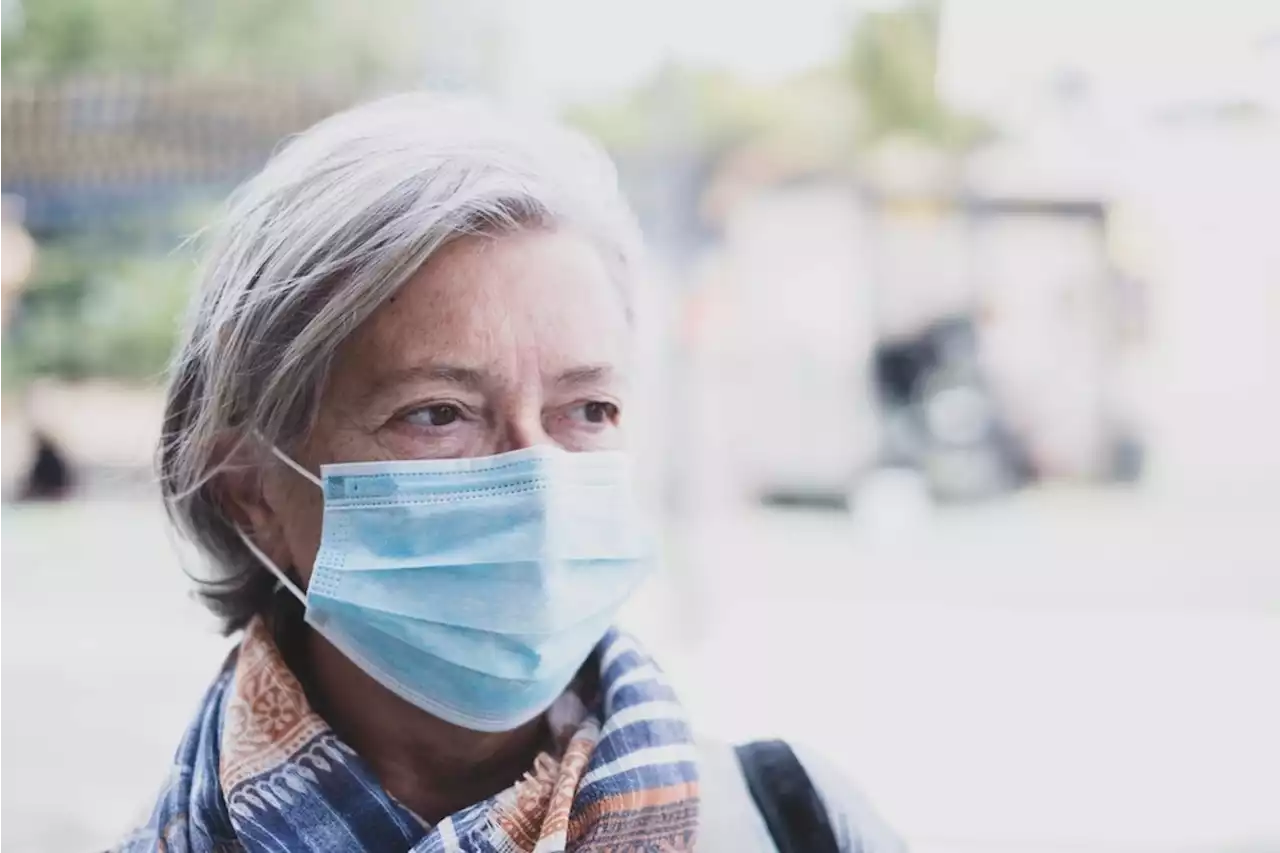Scientists shed new light on how SARS-CoV-2 evades immuneresponse in early infection elife
. Your revised article has been evaluated by Betty Diamond and a Reviewing Editor.
We have now investigated the use of Caco2 and Calu3, which are the only other permissive cell types in wide use for SARS-COV2 infection. We were unable to get reliable high MOI infection of Calu3, despite subcloning high ACE2 expressing cells. We have therefore analysed NK ligand downregulation in Caco2 cells. Levels of NK ligands were lower in these cells as compared to A549, nevertheless a similar downregulation was observed .
We have now depleted nucleocapsid antibodies, and shown that this impacts ADNKA. We have also used a monoclonal nucleocapsid antibody to show that this antigen is a ADNKA target. We do not have the reagents to deplete ORF3a or Membrane and cannot delete Membrane from the viral genome. However, we were able to delete ORF3a from the viral genome, and demonstrate that this results in a major reduction in ADNKA.
We have now performed ADNKA assays using Spike transfected cells. This shows that antibodies that mediate ADNKA against infection also act against transfected cells. However numerous antibodies that do not act against infected cells, do act against transfected cells. This strengthens our conclusion that antibodies must be tested against virus, as opposed to transfection systems.
Figure 3: MICA, ULBP2, B7-H6 and Nectin1 were found to be downregulated by SARS-CoV-2 infection. The authors suggest that Nectin1 specificity by SARS-CoV-2 could be a preserved function between an original bat virus and the pandemic virus studied here, since Nectin1 from human and a bat species is well conserved. However, the authors did not study at which level the observed regulation of Nectin1 takes place.
Lastly, to this part, it is not clear which trigger is decisive for reduced NK cell activation upon co-culture with SARS-CoV-2 infected cells. Blocking antibodies should be included to demonstrate the specificity and relation between Figure 3A and 3B. Figure 5B: In this figure the strongest ADNKA responses are directed against Spike using serum from two individuals. This does not fit with the results shown in Figure 7. The authors should discuss this controversy.
We have added to the methods ‘This strain has a genome that is identical to the original Wuhan isolate.’ ORF8 is mutated in Α, but not Wave1 viruses such as England 2. We do see a very minor downregulation of MHC-I, but the magnitude is so low that it is unlikely to be biologically significant.
It is noticeable that all those that induced ADNKA were targeted at the NTD, and we make this point in the discussion. We have also performed an experiment in which we combined the mAbs. ADNKA still fell far short of the levels of activation seen with serum.
Ireland Latest News, Ireland Headlines
Similar News:You can also read news stories similar to this one that we have collected from other news sources.
 Study results encourage SARS-CoV-2–infected mothers breastfeed to protect infants from COVIDStudy results encourage SARS-CoV-2–infected mothers breastfeed to protect infants from COVID Antibodies ChildHealth Coronavirus Disease COVID SARSCoV2 breastmilk cordblood newborn pregnant glycoprotein
Study results encourage SARS-CoV-2–infected mothers breastfeed to protect infants from COVIDStudy results encourage SARS-CoV-2–infected mothers breastfeed to protect infants from COVID Antibodies ChildHealth Coronavirus Disease COVID SARSCoV2 breastmilk cordblood newborn pregnant glycoprotein
Read more »
 What is the impact of SARS-CoV-2 variant booster vaccinations?What is the impact of SARS-CoV-2 variant booster vaccinations? medrxivpreprint UofR SARSCoV2 COVID19 Booster Vaccination
What is the impact of SARS-CoV-2 variant booster vaccinations?What is the impact of SARS-CoV-2 variant booster vaccinations? medrxivpreprint UofR SARSCoV2 COVID19 Booster Vaccination
Read more »
 The known and proposed interactions of SARS-CoV and SARS-CoV-2 with DNA damage response pathwaysThe known and proposed interactions of SARS-CoV and SARS-CoV-2 with DNA damage response pathways _ZewailCity_ RIMUHC1 SARSCoV2 SARSCoV DNA DNAdamage virus covid coronavirus
The known and proposed interactions of SARS-CoV and SARS-CoV-2 with DNA damage response pathwaysThe known and proposed interactions of SARS-CoV and SARS-CoV-2 with DNA damage response pathways _ZewailCity_ RIMUHC1 SARSCoV2 SARSCoV DNA DNAdamage virus covid coronavirus
Read more »
 Analyzing whether SARS-CoV-2 nucleocapsid and spike proteins stimulate dendritic or γδ T cellsAnalyzing whether SARS-CoV-2 nucleocapsid and spike proteins stimulate dendritic or γδ T cells tcddublin SARSCoV2 COVID19 Spike DendriticCells
Analyzing whether SARS-CoV-2 nucleocapsid and spike proteins stimulate dendritic or γδ T cellsAnalyzing whether SARS-CoV-2 nucleocapsid and spike proteins stimulate dendritic or γδ T cells tcddublin SARSCoV2 COVID19 Spike DendriticCells
Read more »
 Scientists evaluate immunostimulatory glycolipid against SARS-CoV-2 infectionA new study showed that 7DW8-5, an immunostimulatory glycolipid impeded three respiratory viral infections, including SARS-CoV-2, in vivo.
Scientists evaluate immunostimulatory glycolipid against SARS-CoV-2 infectionA new study showed that 7DW8-5, an immunostimulatory glycolipid impeded three respiratory viral infections, including SARS-CoV-2, in vivo.
Read more »
 Study shows that older adults can generate robust, long-lived memory against SARS-CoV-2 following infectionStudy shows that older adults can generate robust, long-lived memory against SARS-CoV-2 following infection SARSCoV2 infection COVID19 coronavirus covid immunity HSN_Sudbury thenosm UConn LancetLongevity
Study shows that older adults can generate robust, long-lived memory against SARS-CoV-2 following infectionStudy shows that older adults can generate robust, long-lived memory against SARS-CoV-2 following infection SARSCoV2 infection COVID19 coronavirus covid immunity HSN_Sudbury thenosm UConn LancetLongevity
Read more »
